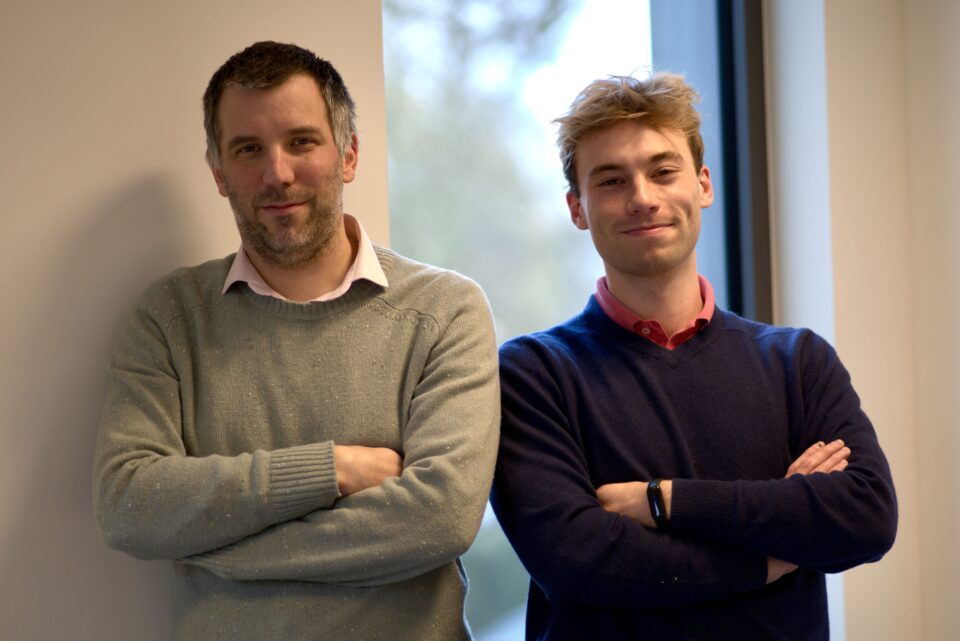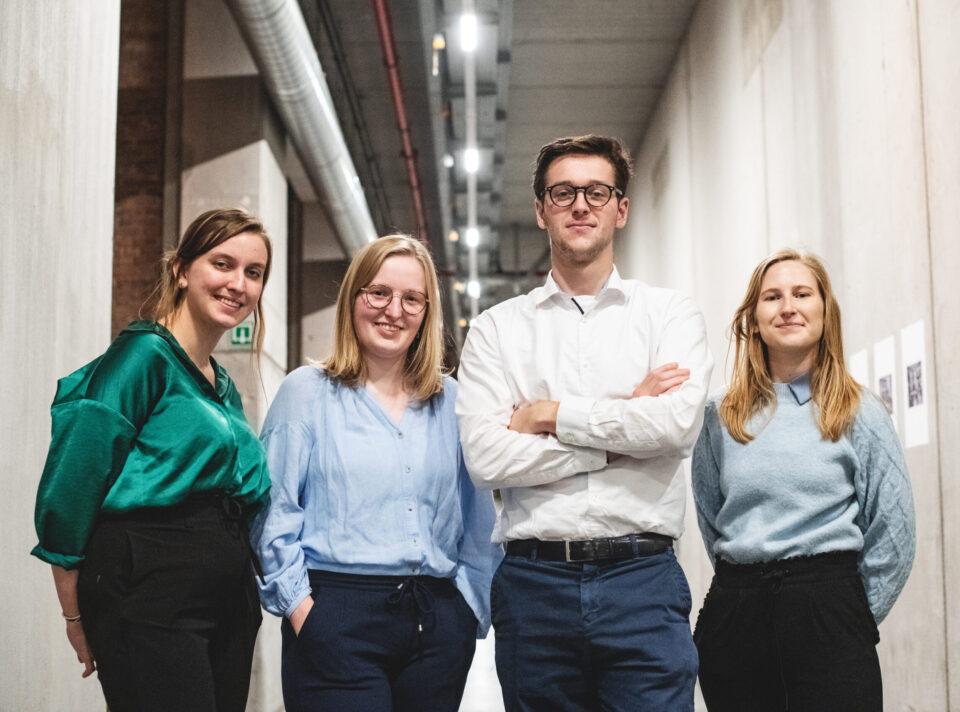Improving well-being and project fit through mentoring

Mentorship is a key contributing factor in employee satisfaction and overall well-being at Addestino. In this blog, mentor Emma and mentee Emiel share how our mentoring programme works and why pairing new hires with more experienced colleagues benefits everyone’s career growth.
What is career mentoring?
In 2023, over 15 new consultants joined our team. A vital part of helping them to quickly fit into our work environment and culture is our mentorship programme. This extends beyond the traditional on-the-job project coaching by senior team members, as we wrote in our previous blog on career progression. So, how does mentoring work exactly? Our consultant Emma, who recently completed a six-month mentorship track with Emiel, a recent graduate hire, explains: “Every new hire is teamed up with a personal mentor before their contract starts. This mentor is independent of their initial work assignments. The mentor’s role is to address any questions their mentee might have, whether about their hard skills and methodologies, client interaction, or navigating the office environment. This way, new hires have a trusted person to fall back on during those intense first few months on the job.”
Emiel adds:“ Before I joined, Emma organised an initial video call check-in with me. This way, we’d already touched base before diving into my first assignment on my first day. After that, we’d typically have biweekly check-ins during my initial time here at Addestino.”
Growth opportunity for mentors and mentees
Anyone on the team can volunteer to become a mentor, Emma explains: “When a new hire joins, the HR team matches them with a mentor based on prior experiences, studies, and personality, ensuring a good fit. Future mentors also attend an interactive training session, so we’re well-prepared. In this training, experienced colleagues share the ins and outs of mentorship, next to tips and tricks. For me, this training confirmed my choice to volunteer and help new hires navigate their first months with us.” Emiel agrees: “Having someone guide you through the first few months who understands your background, fits your personality and knows the common challenges new hires face is incredibly helpful. Mentorship is different from traditional project supervision and is much more informal. I can always discuss potential issues or doubts that extend beyond my project scope.”
“The leadership team gives us the flexibility to organise our mentorship role as we see fit,” Emma continues. “Our chats have enabled me to keep track of Emiel’s projects, understand what he was working on, and anticipate any potential hiccups. In my capacity as a mentor, I always had a comprehensive overview of Emiel’s overall workload, which allowed me to help him find a good balance across different projects.”
Mentoring as retention strategy
Emma finds mentoring to be a rewarding experience. “It has taught me a lot about managing interpersonal relationships, and I’m now better at reading the needs of others. Mentoring also made me reflect on my own early days and how much I appreciated the mentorship I received myself. It’s fulfilling to take on a coaching role and motivate new colleagues.”
Emiel concludes: “Mentoring has functioned as a catalyst to become acquainted more quickly with my job and my colleagues. I believe our mentorship programme is a crucial part of our retention strategy, as it helps us to identify the right project fits and nip potential issues in the bud, in turn benefiting both our consultants and our clients.”


